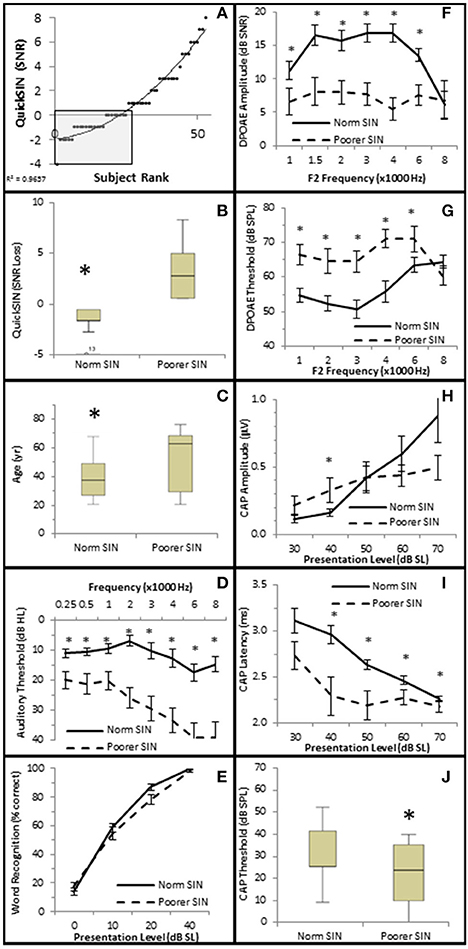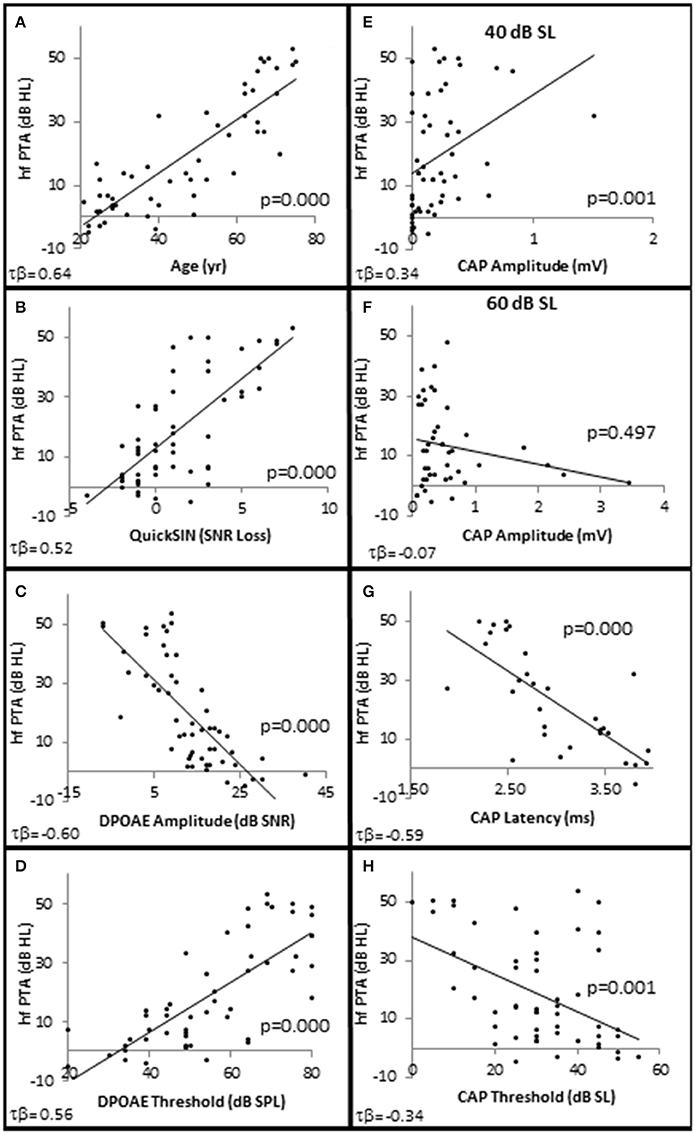

(B) The onset of anterograde (Wallerian) (), trans-neuronal (), and retrograde degeneration () of the auditory nerve depends on the initial site of injury (x). The interface is penetrated only by axons. Peripheral to the TZ, the myelin sheaths are formed by Schwann cells that are enveloped in endoneurium. Myelin sheaths are formed by oligodendrocytes centrally from the TZ, and the surrounding milieu is astrocytic. The interface between the PNS and CNS is called the TZ, which is distal to the IAM. Auditory neurons synthesize the high-affinity tyrosine receptor kinases, TrkB and TrkC. HCs provide much of the trophic support required for the maintenance and survival of auditory neurons, including BDNF and NT-3. The peripheral processes of auditory neurons form synapses with HCs and the central processes with CNs in the brainstem. (A) The auditory nerve is a bundle of bipolar auditory neurons. Nevertheless, there is now a very realistic possibility for clinical application of cell transplantation for several different types of hearing loss.Īuditory nerve cell transplantation glial scar nerve regeneration scaffold.Īuditory neurons and their degeneration patterns. In this context, the selection of donor cells is a critical issue. To exploit the natural, autologous cell scaffold and to minimize the deleterious effects of surgery, donor cells can be placed relatively easily on the surface of the nerve endoscopically. We conclude that the structure and biochemical integrity of the auditory nerve is critical and that it is important to preserve the remaining neural scaffold, and in particular the glial scar, for the functional integration of donor cells. In this article, we consider the approaches most likely to achieve success in the clinic. Over the past two decades, cell transplantation has emerged as a promising therapeutic option for restoring lost auditory nerve function, and two independent studies on animal models show that cell transplantation can lead to functional recovery. Its function is critical for the success of cochlear implants as well as for future therapies for HC regeneration. However, the auditory nerve is also important because it transmits electrical signals generated by HCs to the brainstem. Traditionally, major efforts to cure DHL have focused on hair cells (HCs).


Disabling hearing loss (DHL) is a long-standing, unmet problem in medicine, and in many elderly people, it leads to social isolation, depression, and even dementia. Hearing is one of our most important means of communication.


 0 kommentar(er)
0 kommentar(er)
